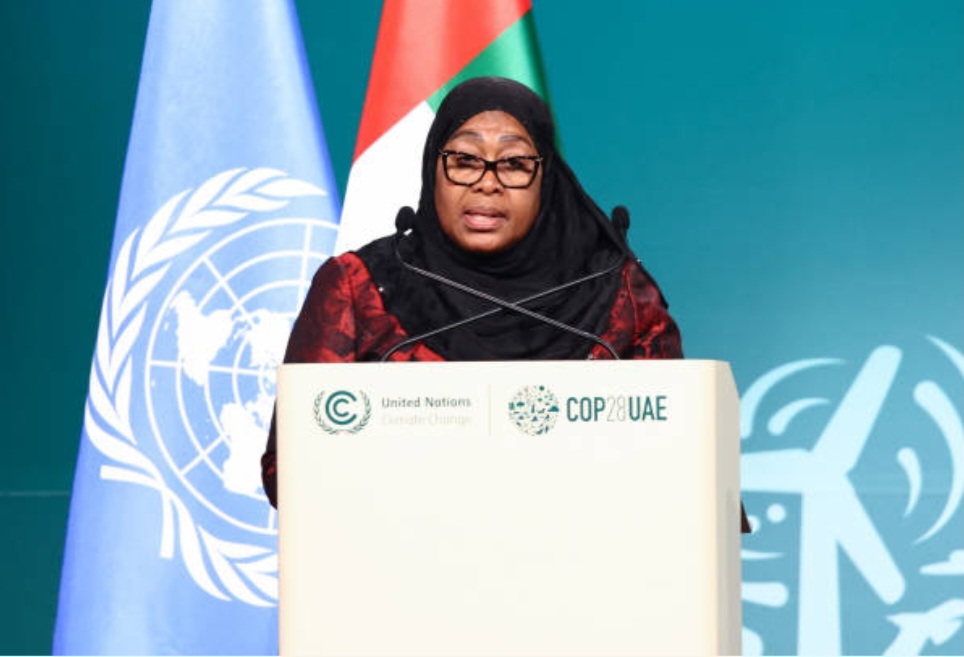
Ofure Akhigbe
Tanzania’s political climate has grown increasingly tense ahead of the October 29 general election, with reports of mass arrests, disqualifications of opposition candidates, disappearances, and heightened restrictions on the media and social platforms.
President Samia Suluhu Hassan, the country’s first female leader, is seeking re-election under the ruling Chama Cha Mapinduzi (CCM) party. Her main challengers, however, have been sidelined by legal actions and regulatory disqualifications that rights groups describe as part of a wider strategy to stifle dissent.
Opposition leader Tundu Lissu of Chama Cha Demokrasia na Maendeleo (CHADEMA) remains in custody facing treason charges. His trial began in early October, just weeks before the vote. Another senior opposition figure, John Heche, was arrested on October 22 outside the High Court in Dar es Salaam. The opposition CHADEMA party itself was disqualified from the election for allegedly failing to sign a mandatory code of conduct, while ACT-Wazalendo’s candidate was also removed over nomination issues.
Human Rights Watch and Amnesty International report a “climate of fear” marked by arbitrary arrests, intimidation of activists, and the disappearance of government critics. A recent Financial Times investigation linked more than 200 enforced disappearances to Tanzanian security forces since President Suluhu took office, with dozens recorded in recent months.
Digital freedoms have also come under pressure. The Tanzania Communications Regulatory Authority (TCRA) suspended the licence of the popular civic platform JamiiForums for 90 days in September, accusing it of publishing “misleading content.” Reports indicate that access to the social-media platform X (formerly Twitter) has been restricted nationwide, while the use of VPNs is being monitored and discouraged.
Amnesty International says the pattern of repression suggests an “orchestrated effort to entrench power” ahead of the polls. Human Rights Watch warned that the government’s actions “threaten the credibility of the upcoming elections,” urging authorities to guarantee free expression and fair political participation.
Despite mounting criticism, the government maintains that its actions are lawful and aimed at preserving public order. With less than a week to the vote, however, Tanzania’s political space appears narrower than ever, leaving observers questioning how free and competitive the election can truly be.
